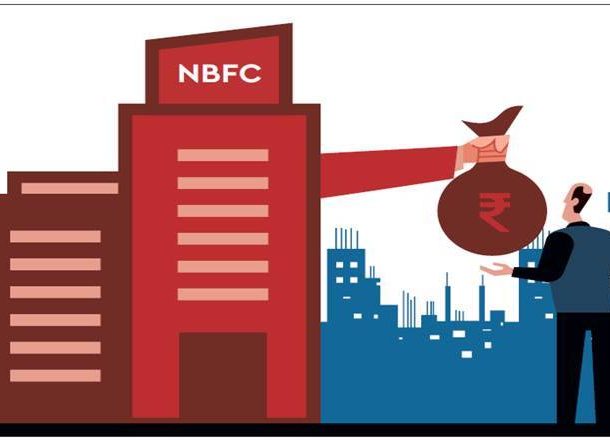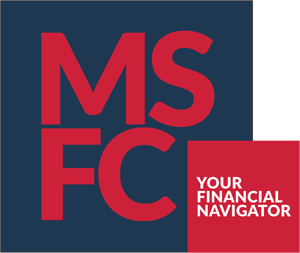
How can the government partner with NBFCs to provide quality education?
Public-Private Partnerships (PPP) in Education
The concept of Private & Public sectors collaborating in order to strengthen the infrastructure of any system is hardly newborn. The Public-Private Partnerships (PPP) model has been introduced as an innovative development strategy to leverage the resources of the public & private sector both, for the benefit of the masses. While the PPP was initially executed for airports, railways, road development projects, it has been applied in the education & healthcare industries as well.
While different models of PPP exist, applying it in the education sector vastly meant giving children access to quality education & infrastructure (virtues borrowed from the private sector). It also meant promoting a socially inclusive environment & appropriately regulated fee structures (since the government requires reserved seats & subsidized fees for marginalized communities). As a result, most of the funding is taken care of by Union funds.
While the idea and intent may be honest, the execution of the same has failed over time. In reality, governments have had little control over the everyday functioning and decisions of the schools & universities.
So, how can governments further collaborate with the private sector to better the quality of education our children receive?
The majority of the population has little access to private education, owing to unaffordable fees. Higher education continues to become more expensive around the world. However, education remains to be the most crucial investment for any household in India. According to a FinTech company, GreyQuest, the number of students applying for educational loans has risen from 2.98 lakh students in 2016-17 to 3.09 lakh students in 2019-20. With rising unaffordable fees and shrinkage in the disbursement of credit, NBFCs like EdCred become the preferred choice of creditors. Like several big loans, education loans also qualify for tax deductions on the interest, under Section 80E. However, when it comes to educational loans sanctioned by an NBFC, they do not qualify for tax deductions unless they are sanctioned by an NBFC that has been notified by the Central Board of Tax Deductions, which are few in number. An intervention by the government to drive more NBFCs to be notified could potentially help NBFCs to extend better support, to many more parents.
The education industry, among multiple sectors, also took a deep financial plunge with the onset of Covid-19. An Emergency Credit Line Guarantee Scheme (ECLGS 1.0) was declared by the government in May 2020, to fast track additional funding to MSME borrowers by ensuring 100% sovereign guarantee coverage. ECLGS 2.0 identified 26 distressed industries that could be privy to the scheme. ECLGS 3.0 added few more industries like hospitality, tourism, leisure, and sporting into its ambit. However, the educational sector is duly excluded from the ECLGS 3.0. If the government were to act on the plea made by the association of NBFCs to include Education in the list of distressed sectors, this could go a long way in recovering from the massive hit that schools and consequently the children’s education has suffered.
Address
Corporate Office: 8th & 9th Floor, Galaxy Avenue, Tonk Road, Bapu Nagar, Jaipur, Rajasthan- 302015
Registered Office: C-81,B, Chaitanya Marg, C-Scheme, C-scheme, Jaipur, Rajasthan, 302001
CIN: U67120RJ2016PTC055220
IRDAI Corporate Agency (Composite) Regn. No. : CA1026 (valid upto 06-Feb-2028)
Phone
Working Hours
9:30 am to 6:30 pm
